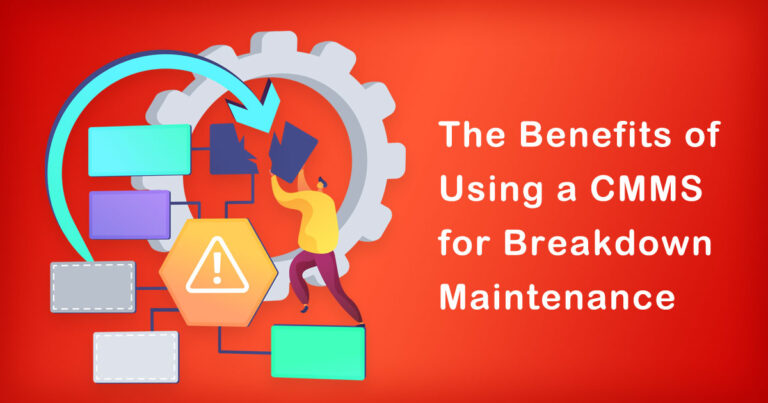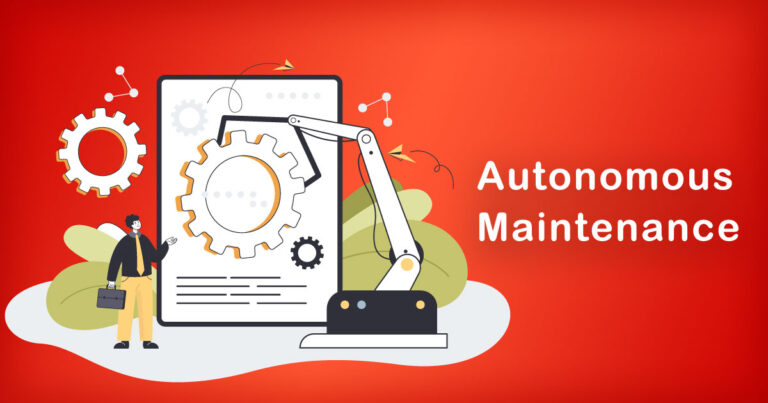Introduction
In the ever-evolving food processing industry, maintaining efficiency and productivity while ensuring compliance with stringent quality and safety standards is crucial. One tool that has gained significant importance in achieving these goals is the Computerized Maintenance Management System (CMMS). This powerful software solution has revolutionized maintenance practices in the Indian food processing sector. In this article, we will delve into the role of CMMS in the food processing industry, exploring its benefits, implementation challenges, and success stories.
1. Streamlining Maintenance Operations
In a complex food processing facility, the upkeep of machinery and equipment is vital to ensure uninterrupted production and prevent costly breakdowns. CMMS software provides an organized and systematic approach to maintenance tasks, allowing facility managers to schedule preventive maintenance, track work orders, and monitor equipment performance. By streamlining maintenance operations, CMMS helps minimize downtime, maximize equipment lifespan, and enhance overall productivity.
2. Regulatory Compliance
The Indian food processing industry is subject to various regulations and standards aimed at ensuring food safety and quality. CMMS plays a vital role in compliance by providing a centralized platform to record and manage maintenance activities, inspections, and audits. By maintaining detailed documentation and automating compliance-related processes, CMMS enables food processing facilities to demonstrate adherence to regulatory requirements during inspections and audits.
3. Inventory Management
Efficient inventory management is essential for a smooth functioning food processing facility. CMMS software includes features that enable effective management of spare parts and supplies. By maintaining an accurate inventory record, tracking usage, and generating timely alerts for restocking, CMMS reduces the risk of delays due to unavailability of critical components. This ensures that maintenance operations are not hampered by equipment downtime caused by lack of spare parts.
4. Data-Driven Decision Making
CMMS collects and stores a wealth of data related to maintenance activities, equipment performance, and costs. By leveraging this data through powerful analytics tools, food processing companies can gain valuable insights into their maintenance operations. These insights facilitate data-driven decision making, such as identifying recurring issues, optimizing preventive maintenance schedules, and evaluating the cost-effectiveness of maintenance practices. By making informed decisions, companies can improve operational efficiency and reduce costs.
5. Mobile Capabilities
In the fast-paced food processing industry, maintenance personnel are often on the move, attending to various tasks across the facility. CMMS software with mobile capabilities allows technicians to access work orders, record maintenance activities, and update equipment status in real-time, directly from their mobile devices. This enhances communication, reduces paperwork, and improves overall efficiency by eliminating the need for manual data entry at a later stage.
Implementing CMMS: Challenges and Best Practices
While CMMS offers numerous benefits, implementing and integrating the software into existing processes can pose challenges. It requires careful planning, stakeholder involvement, and adequate training for the workforce. However, with proper guidance and adherence to best practices, these challenges can be overcome.
Assess the facility’s requirements and select a suitable CMMS software that aligns with the specific needs of the food processing industry.
Involve all stakeholders, including maintenance staff, facility managers, and IT personnel, in the decision-making process to ensure smooth implementation and adoption of the CMMS software.
Provide comprehensive training to the workforce to familiarize them with the software’s features and functionality. This will help optimize its usage and ensure a smooth transition.
Integrate CMMS with other existing systems, such as enterprise resource planning (ERP) software, to facilitate seamless data exchange and improve overall operational efficiency.
Success Stories: Realizing the Benefits of CMMS
Several food processing companies in India have already embraced CMMS and witnessed remarkable improvements in their maintenance practices. For instance, a leading dairy processing facility reduced equipment downtime by 30% through effective preventive maintenance scheduling and timely equipment repairs using CMMS. Another major snack food manufacturer improved inventory management and reduced stockouts by 25% after implementing CMMS.
Conclusion
In the Indian food processing industry, CMMS has emerged as an indispensable tool for streamlining maintenance operations, ensuring regulatory compliance, and enabling data-driven decision making. By leveraging CMMS software, companies can improve efficiency, reduce downtime, enhance inventory management, and optimize maintenance practices. Embracing CMMS technology is a step towards a more sustainable and competitive future for the Indian food processing industry.








